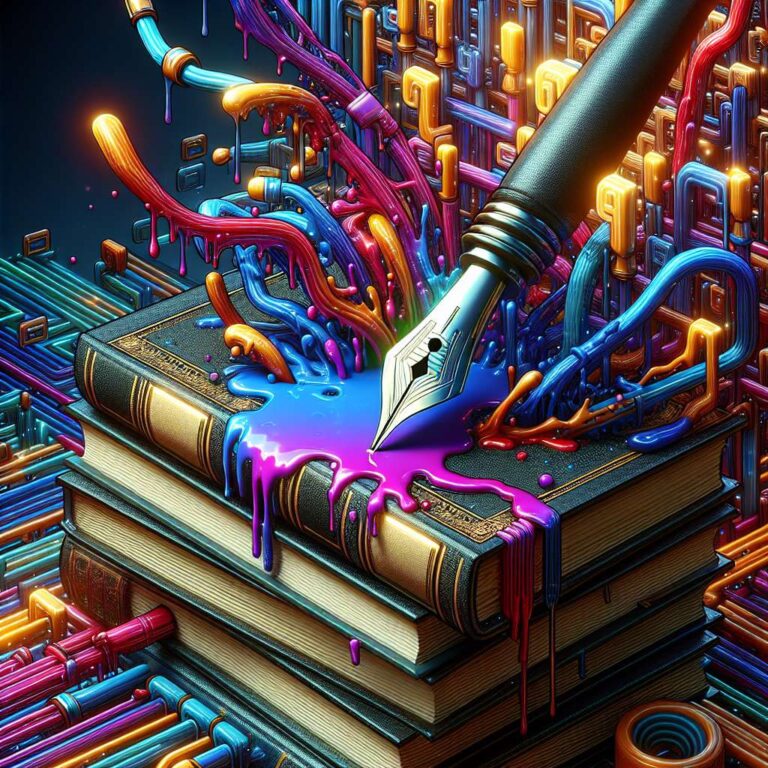The rise of generative Artificial Intelligence has sparked an escalating wave of litigation in the United States, particularly around copyright and related legal concerns. At the heart of these disputes are questions about who holds rights over Artificial Intelligence-generated content and the legal liabilities of those who create, distribute, or use such technology. Content creators, who have long been the backbone of the creative sector, are grappling with how their works are being used to train and fuel Artificial Intelligence models without compensation or consent.
The ripple effects extend throughout the Artificial Intelligence value chain, implicating not only artists and writers but also companies that provide datasets, developers building the models, and enterprises offering Artificial Intelligence-powered solutions to end users. Many lawsuits target the practices of data collection and training, shining a spotlight on how training datasets are assembled and whether those collections infringe existing copyrights. Class actions in this context amplify the stakes, as large groups of creators seek collective remedies for the widespread leveraging of their works by major Artificial Intelligence players.
The downstream uses of these Artificial Intelligence solutions introduce further complexity. Organizations that deploy generative Artificial Intelligence for commercial use may find themselves entangled in lawsuits regarding the originality or ownership of Artificial Intelligence outputs. This climate has profound implications for innovation, business risk assessments, and the future regulation of Artificial Intelligence. Ongoing legal proceedings are poised to shape the standards governing Artificial Intelligence content, redefining the intersection between technology advancement and established intellectual property rights in the digital era.

